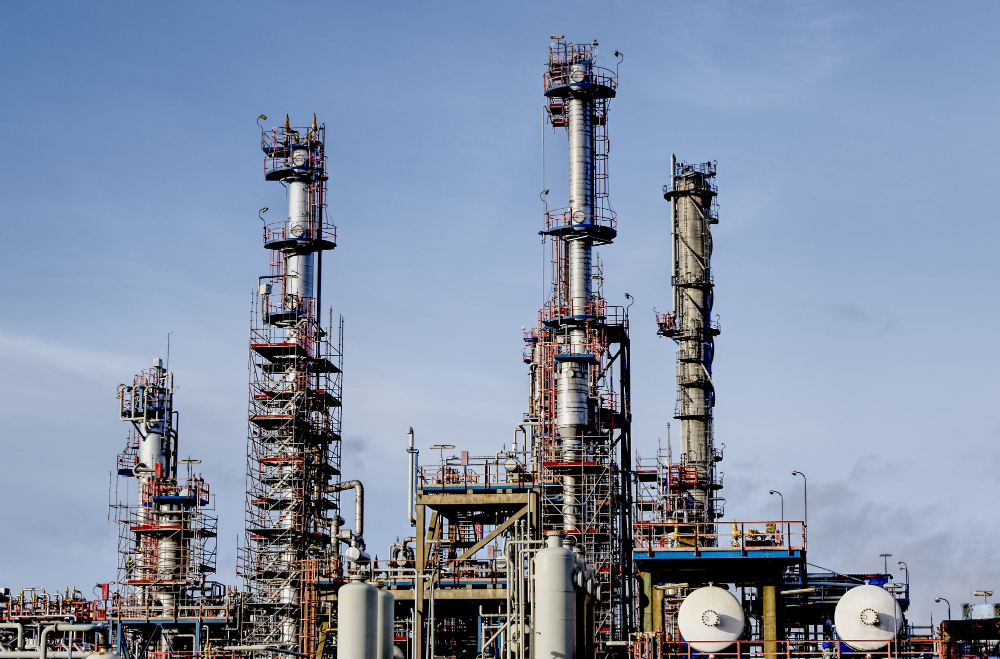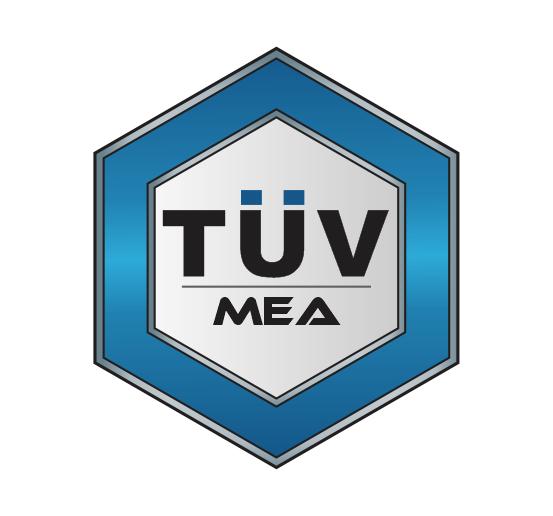Oil and Gas Radiographic Testing
Radiographic testing, often referred to as radiography or X-ray testing, is a non-destructive testing (NDT) method widely used in the oil and gas industry to assess the integrity and quality of materials, welds, and components. This technique involves the use of X-rays or gamma rays to produce images of the internal structure of objects, allowing for the detection of defects, discontinuities, or anomalies that may compromise the structural integrity of critical components in the oil and gas infrastructure.

Benefits
Radiography is highly effective in detecting internal defects, such as cracks, porosity, and lack of fusion, which may not be visible on the surface
Ensures the quality and reliability of welds, helping to meet industry standards and regulatory requirements.
Early detection of defects allows for proactive maintenance, reducing the risk of unexpected failures and enhancing overall asset integrity.
Identifying potential weaknesses in critical components contributes to the overall safety of oil and gas operations.
